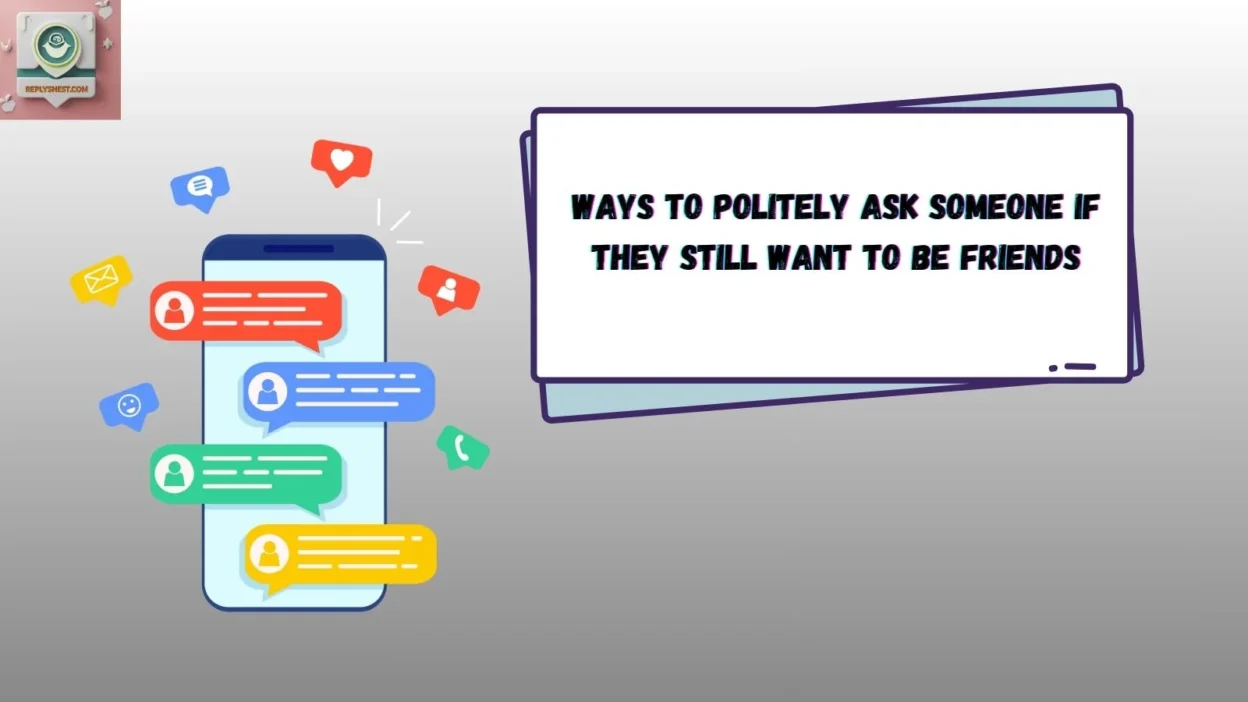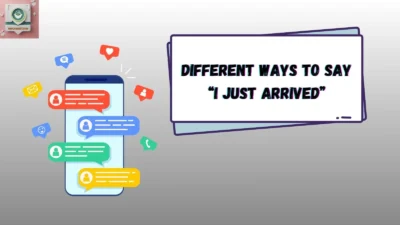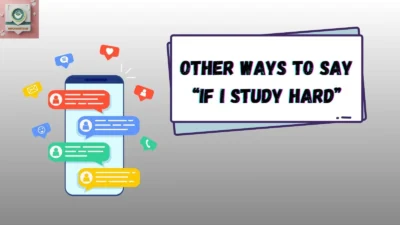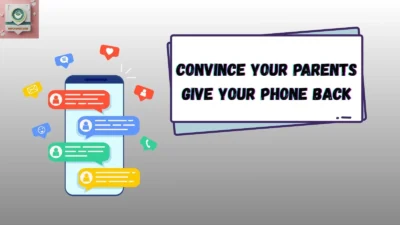Friendships are beautiful—but they can also be delicate and ever-changing. Sometimes, you feel that distance growing or notice the messages getting shorter, the calls less frequent, and the vibe a little different. In such moments, it’s completely natural to wonder: “Do they still want to be my friend?” Ways to Politely Ask Someone If They Still Want to Be Friends.
Sometimes friendships drift apart quietly, and we start wondering if the connection we once cherished still feels the same. When I’ve faced this, I found it best to start the conversation in a private, quiet place—somewhere we won’t be interrupted or distracted. It helps to stay calm, gentle, and sincere while keeping the tone warm and open. Begin with an open-ended question like, “Hey, how have you been feeling lately? I sensed some distance and just wanted to check in.”
This kind of approach allows the other person to share their thoughts freely without feeling pressured. Be clear yet kind when you state your feelings, such as, “I really value our friendship, and I just wanted to understand where things stand between us.” That blend of empathy, openness, and respect invites honest communication.
From experience, the key is to avoid being overly dramatic or turning it into a heavy talk. Keep it brief, but meaningful—focus on understanding, not fixing. Listen to their response with genuine care and try to understand their emotions without judgment. If they need space or mention that things have changed, offer reassurance and respect their decision. Sometimes, a little clarity can strengthen the bond even more. Whether the friendship continues, shifts, or fades, what matters most is that both people feel heard, valued, and treated with kindness and honesty.
1. “Hey, I just wanted to check in—are we still good?”
A simple, gentle opener that works in most situations. It shows care without overstepping.
Best use: When you sense emotional distance but want to keep the tone light.
Not to use: In tense arguments or heated emotional moments.
Other ways to say: “Are we okay?” / “Everything good between us?”
Example:
“Hey, I feel like we haven’t talked much lately—just wanted to check in, are we still good?”
2. “I miss hanging out with you—do you still want to stay friends?”
This one carries warmth and honesty. You’re opening the door gently.
Best use: When you’ve drifted apart naturally.
Not to use: When you’re upset or feel resentment.
Other ways to say: “I miss our talks. Do you feel the same?”
Example:
“It’s been a while since we caught up. I miss hanging out—do you still want to stay friends?”
3. “I value our friendship and just wanted to see where we stand.”
This line is perfect if you prefer being emotionally mature and respectful.
Best use: In long-term friendships or emotionally close ones.
Not to use: For casual acquaintances.
Other ways to say: “I really care about what we have—how are you feeling about it?”
Example:
“I value our friendship so much. I just wanted to check where we stand lately.”
4. “I’ve noticed we don’t talk as much—did something change?”
This approach invites honest communication without blame.
Best use: When you suspect a misunderstanding.
Not to use: If you’re angry or defensive.
Other ways to say: “I feel a bit of distance lately—are we okay?”
Example:
“I’ve noticed we haven’t talked much lately. Did something change?”
5. “Are you still interested in keeping in touch?”
Direct, yet respectful. It clarifies things without emotional overload.
Best use: When both people have gotten busy or moved to different cities.
Not to use: Right after a conflict.
Other ways to say: “Do you still want to stay connected?”
Example:
“Hey, I know life gets busy—but are you still interested in keeping in touch?”
6. “It feels like we’ve grown apart—how do you feel about that?”
A reflective, mature phrase that invites conversation.
Best use: When time or distance has changed your connection.
Not to use: If you’re hoping to guilt-trip them.
Other ways to say: “I feel like we’re in different places now—what do you think?”
Example:
“It feels like we’ve grown apart lately. How do you feel about that?”
7. “Do you still see us being friends moving forward?”
A forward-looking, calm question that helps you clarify intentions.
Best use: When a big life change happens (e.g., moving, new relationship).
Not to use: When emotions are high.
Other ways to say: “Do you see our friendship continuing?”
Example:
“I care about you, and I just wanted to ask—do you still see us being friends in the future?”
8. “I hope I haven’t done anything to make things weird—are we okay?”
This phrase shows accountability and care.
Best use: When you suspect you might have upset them.
Not to use: When you’re sure they’re at fault.
Other ways to say: “If I did something off, I’d love to talk about it.”
Example:
“I hope I haven’t made things weird between us. Are we okay?”
9. “Our friendship means a lot to me—do you still feel the same?”
Emotionally open, yet respectful of boundaries.
Best use: When you want reassurance.
Not to use: When you expect an emotional confession.
Other ways to say: “I still care about our bond—how do you feel about it?”
Example:
“Our friendship has meant so much to me. Do you still feel the same way?”
10. “I just want to understand if we’re on the same page as friends.”
This one feels calm, thoughtful, and emotionally balanced.
Best use: In adult friendships where clarity is valued.
Not to use: For fleeting connections.
Other ways to say: “I’d love to know how you see our friendship now.”
Example:
“I just want to understand if we’re on the same page when it comes to our friendship.”
11. “Are we still as close as we used to be?”
A gentle reality check with a hint of nostalgia.
Best use: With old friends.
Not to use: If you’re not ready to handle an honest answer.
Other ways to say: “Do you feel we’ve drifted a bit?”
Example:
“Are we still as close as we used to be? I miss how things were.”
12. “I’ve been thinking about our friendship—how do you feel about it lately?”
Reflective and kind, showing emotional maturity.
Best use: When you’ve noticed a change in tone or energy.
Not to use: During a confrontation.
Other ways to say: “What’s your take on where our friendship is now?”
Example:
“I’ve been thinking about our friendship a lot lately—how do you feel about it?”
13. “I care about you and just wanted to check if we’re still close.”
A warm, direct approach that sounds heartfelt.
Best use: When you don’t want to overthink things.
Not to use: In emotionally heavy discussions.
Other ways to say: “I hope we’re still good friends—are we?”
Example:
“I care about you, and I just wanted to check if we’re still close.”
14. “I hope our friendship still means something to you.”
This one carries a touch of emotional honesty and depth.
Best use: When you’ve known each other for a long time.
Not to use: With people who avoid emotional conversations.
Other ways to say: “Do you still value our friendship like before?”
Example:
“I hope our friendship still means something to you because it definitely does to me.”
15. “Have I done something to make you pull away?”
A brave and humble question that opens space for truth.
Best use: When you feel them distancing for unknown reasons.
Not to use: If you want to place blame.
Other ways to say: “Did I do something that made things awkward?”
Example:
“I’ve been feeling a bit of distance. Have I done something to make you pull away?”
16. “You’ve been on my mind—are we still good friends?”
Sweet, light, and heartfelt.
Best use: For friendly, casual connections.
Not to use: After conflict.
Other ways to say: “I’ve been thinking about you—are we okay?”
Example:
“You’ve been on my mind lately—are we still good friends?”
17. “It feels like we’re in different places lately—how are you feeling about us?”
Acknowledges change but invites conversation.
Best use: When you’ve grown apart due to lifestyle differences.
Not to use: If you want to assign fault.
Other ways to say: “We’ve both changed—how does that affect our friendship?”
Example:
“It feels like we’re in different places lately—how are you feeling about us?”
18. “I’ve noticed we don’t talk much anymore—do you still want to keep in touch?”
A gentle reality check, perfect for distant friendships.
Best use: For old school or college friends.
Not to use: For people who ghosted you completely.
Other ways to say: “Do you still want to keep in touch or just move on?”
Example:
“I’ve noticed we don’t talk much these days—do you still want to keep in touch?”
19. “I just wanted to clear the air—are we still cool?”
Casual and friendly, great for easy-going relationships.
Best use: With chill or humorous friends.
Not to use: For emotionally sensitive people.
Other ways to say: “We’re still cool, right?”
Example:
“Hey, just wanted to clear the air—are we still cool?”
20. “Do you still see me as a friend?”
Simple but vulnerable. It invites a real answer.
Best use: When clarity matters more than comfort.
Not to use: In public or text arguments.
Other ways to say: “Do you still think of me as a friend?”
Example:
“Do you still see me as a friend, or have things changed?”
21. “I’d love to know if you still consider me a close friend.”
Polite, mature, and thoughtful.
Best use: When the connection feels uncertain.
Not to use: If they already expressed disinterest.
Other ways to say: “Do you still see me as someone close?”
Example:
“I’d love to know if you still consider me a close friend—it’s been on my mind.”
22. “I miss our connection—do you feel the same?”
Emotional yet not clingy.
Best use: When nostalgia hits.
Not to use: If they’ve clearly moved on.
Other ways to say: “I miss what we had—do you ever think about it?”
Example:
“I miss our connection. Do you feel the same, or have things just changed?”
23. “If you ever feel differently about our friendship, I’d want to know.”
Shows maturity and openness to change.
Best use: In adult friendships built on honesty.
Not to use: When trying to rekindle a broken bond.
Other ways to say: “I appreciate honesty—if things change, tell me.”
Example:
“If you ever feel differently about our friendship, I’d really want to know.”
24. “Are we just growing apart, or is there something I should know?”
Balancing curiosity and calmness.
Best use: When friendship changes subtly.
Not to use: In reactive conversations.
Other ways to say: “I sense some distance—what’s going on?”
Example:
“Are we just growing apart, or is there something I should know?”
25. “I’m not sure where we stand, but I’d love to keep this friendship if you’d like to.”
An honest and vulnerable closure option.
Best use: When you’re unsure if it’s ending.
Not to use: If you’re expecting an immediate reply.
Other ways to say: “I still value this friendship—do you?”
Example:
“I’m not sure where we stand, but I’d love to keep this friendship if you’d like to.”
Conclusion
Friendships can fade, shift, or rekindle—and asking about it doesn’t make you weak, it makes you emotionally aware. The key is to express your thoughts with kindness, curiosity, and respect, rather than guilt or pressure. Whether the friendship continues or not, what truly matters is how gracefully you handle the moment.
In my experience, reaching out honestly often leads to clarity and peace, even if the answer isn’t what you expect. After all, real friendship thrives on communication—not silence.



